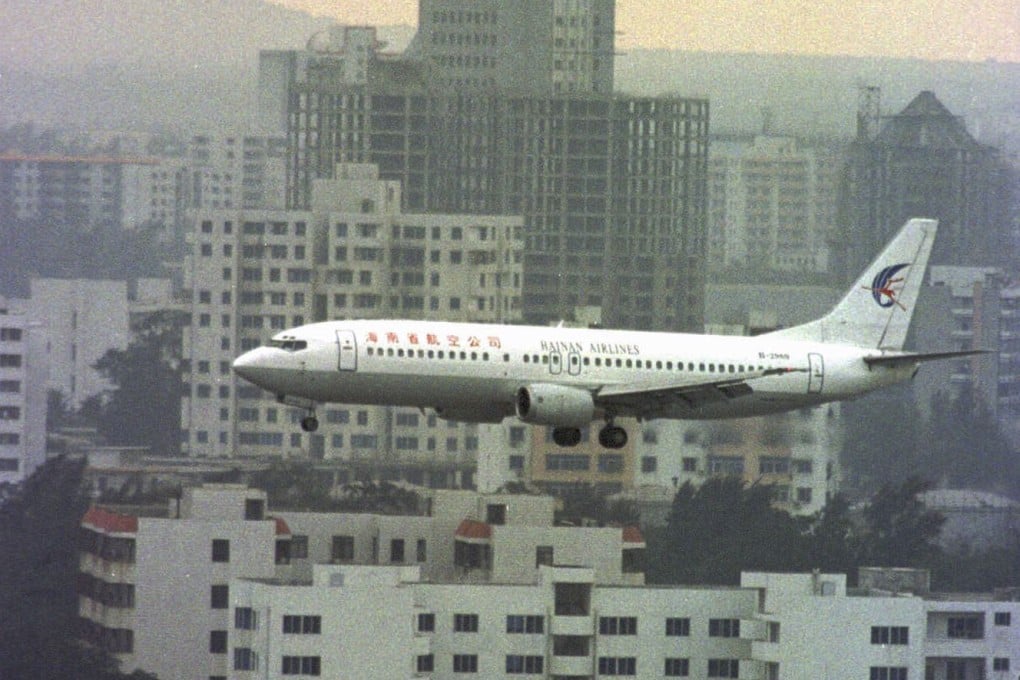Destinations known | For prostitutes, read parachutes: rise of ‘air sports’ shows Hainan tourism evolution
- Where once prostitutes were deemed integral to tourism success, as the Post reported, ‘China’s Hawaii’ now draws ‘air sports’ enthusiasts

Headlines published 30 years ago in the South China Morning Post heralded the tourism success story beginning to unfold in China’s smallest province: “Hainan to draw tourists with second airport”; “Top developers eye Sanya development projects”; “Banyan Tree set to thrive on Hainan”.
Just six years after it had been detached from Guangdong, the 34,000 sq km (13,130 square mile) island province was being touted as China’s Hawaii or, as an article below another prophetic headline – “French holiday chains look to China for tourists of the future” – said, a local version of Mexico’s Yucatan Peninsula.
The course was set but the times were different, as the Post article “Brave new foray in Chinese Honolulu; karaoke bars, escorts the star attractions in Hainan Island’s new tourist paradise” made clear: “If one were to ask who was most likely to thrive in Hainan Island’s southernmost coastal town of Sanya, the answer would have to be the entrepreneurs and prostitutes.
“Both popular ‘professions’ earn the highest incomes in this rugged town in China’s youngest and the most freewheeling special economic zone.
“In terms of importance to Sanya’s economy, prostitutes are perceived to be as equally indispensable as entrepreneurs, according to tourism developers. One even argues that the splendid beach resort will lose its attraction as a holiday destination if there are no prostitutes.”
Also bedding in – in an entirely different respect – were international hotel/resort chains, but the process was fraught and an article published in January 1995 explained that “tourists and foreign investors […] were being scared off by the island’s bad reputation for criminals and swindlers”.


